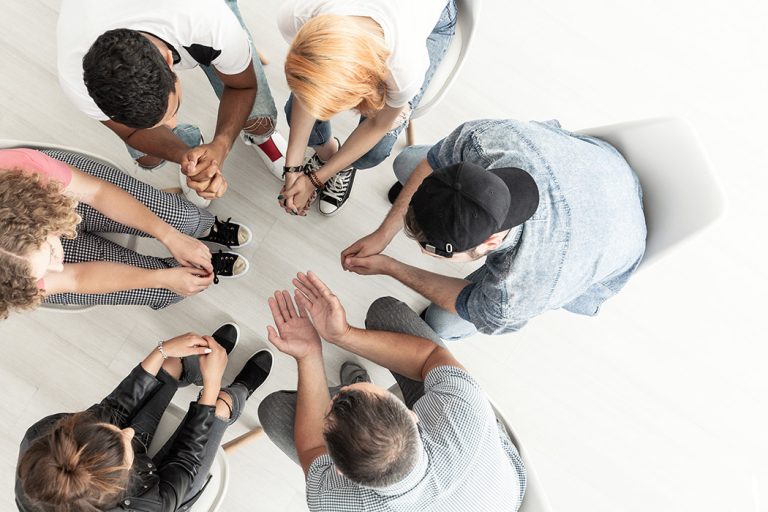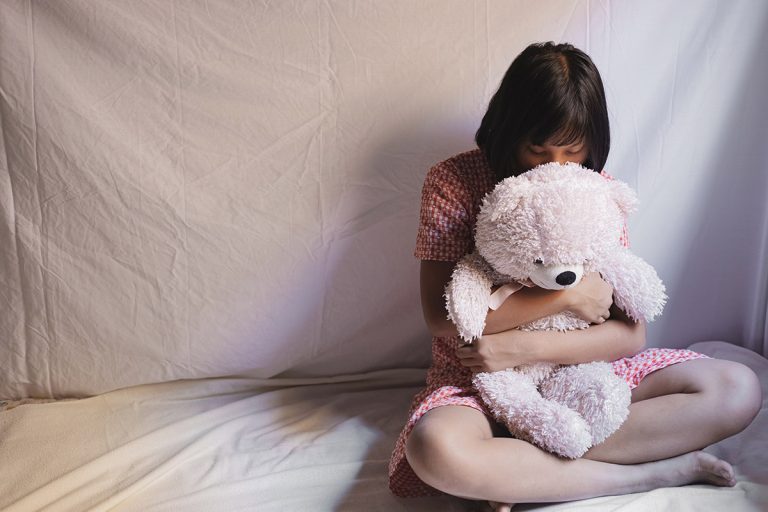Montrose Center Partnership
Montrose Center Partnership
Center for Success and Independence partners with the Montrose Center in Houston to help adolescent victims of sex trafficking in Harris County, serving the needs of male and female victims ranging in age from 12 to 17. Funded by a federal grant from the Family & Youth Services Bureau, our program – known as Facilitating Leadership in Youth, or FLY – is focused on three mutually reinforcing goals:
- To reduce pregnancy, HIV and sexually transmitted infections (STI) among teens subjected to sex trafficking;
- To prepare these youth for adulthood by helping them achieve healthy relationships, life skills, and educational and career success so they can become financially independent and not return to exploitative work; and
- To ensure these adolescents have access to core services that are essential to their survival and well-being, including housing, mental health treatment and substance abuse treatment.
- This 3-year federal grant
will enable us to provide treatment and services to help hundreds of youth who have been subjected to sex trafficking, with treatment and services delivered through multiple locations in Harris County.


A Hub for Human Trafficking
In 2014, more calls to the National Human Trafficking Resource Center hotline originated from Houston than from any other city in the United States (Dunlap, 2014). A number of factors contribute to Houston’s high incidence of human trafficking, including: the city’s location along the 2400-mile Interstate 10 corridor stretching from Florida to California; one of the busiest ports in the United States and one of the busiest airports in the world; a large immigrant population; and a long history dating back to the first oil boom of attracting single men in search of work. In recent years law enforcement investigations have uncovered multiple sex trafficking rings involving minors (TDPS, 2014).
Preying on Our Troubled Youth
Sex trafficking victimization among adolescents is often preceded by childhood trauma, economic insecurity, and coercive or conflictual relationships. Among girls, it often follows abuse in the home and the appearance of a “rescuer” who initiates her into sex trafficking. Among boys, it commonly occurs after being rejected by their family because of the youth’s sexual minority status – gay, bisexual or transgender.
Along with the risk for teen pregnancy, HIV, and STI, adolescent sex trafficking victimization is accompanied by reproductive and other health problems, school disconnection, and drug and alcohol abuse.
Gender-Specific Interventions
Sex trafficking victimization among adolescents is often preceded by childhood trauma, economic insecurity, and coercive or conflictual relationships. Among girls, it often follows abuse in the home and the appearance of a “rescuer” who initiates her into sex trafficking. Among boys, it commonly occurs after being rejected by their family because of the youth’s sexual minority status – gay, bisexual or transgender.
Along with the risk for teen pregnancy, HIV, and STI, adolescent sex trafficking victimization is accompanied by reproductive and other health problems, school disconnection, and drug and alcohol abuse.